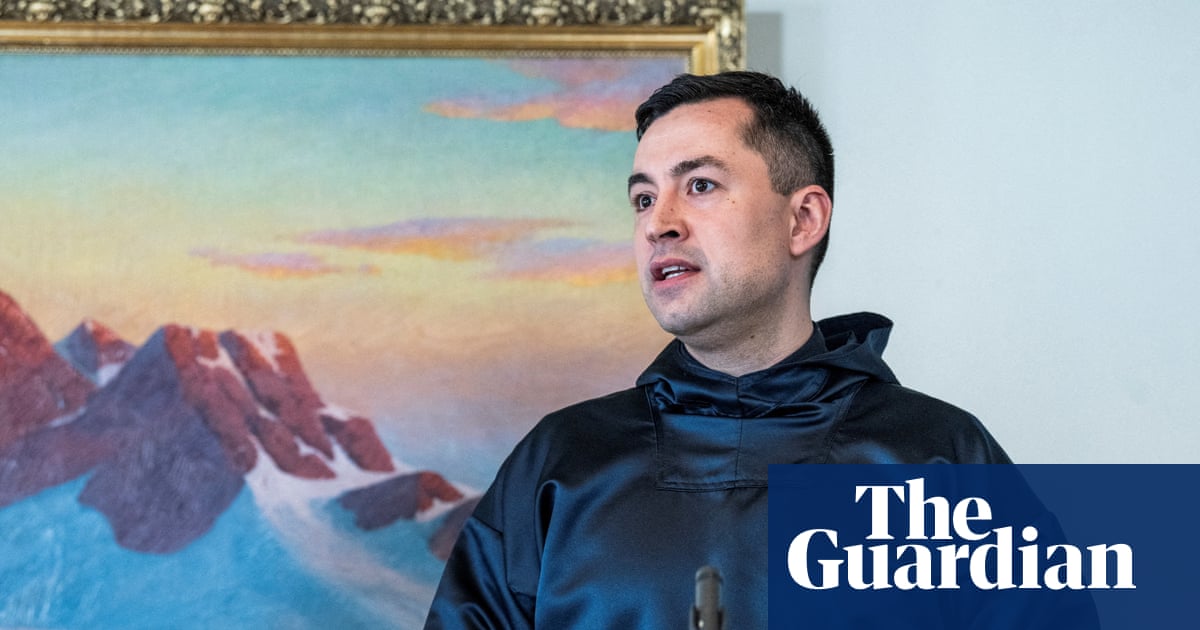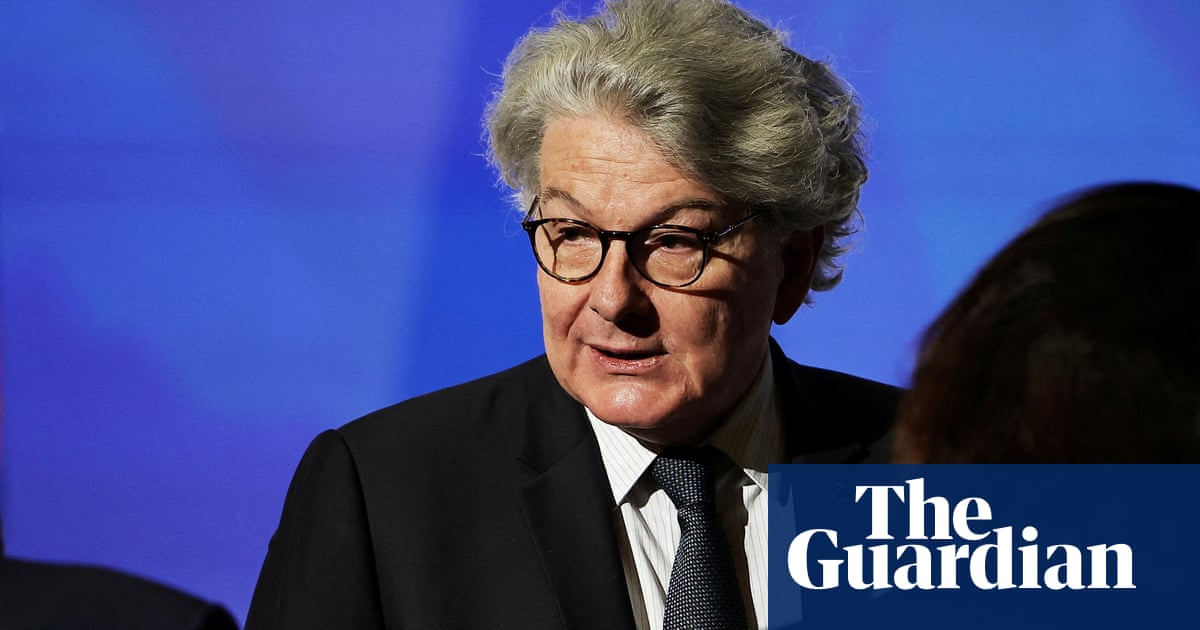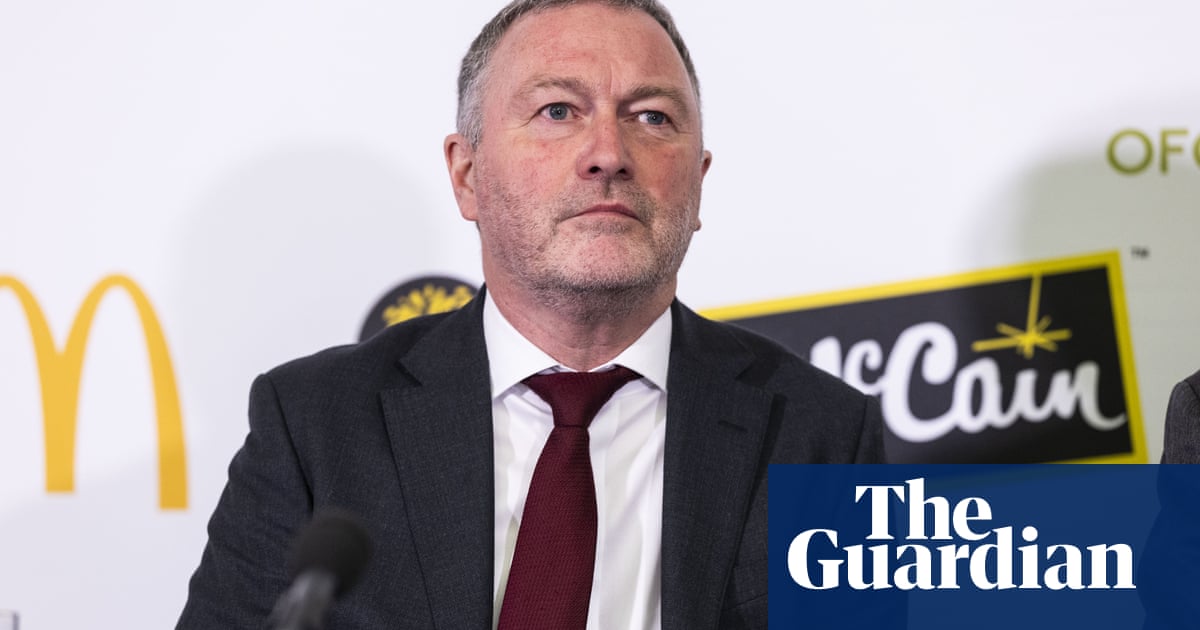The Australian government has pledged to legislate an age limit of 16 years for social media access, with penalties for online platforms that don’t comply.
But the Labor government has not spelled out how it expects Facebook, Instagram, TikTok and others to actually enforce that age limit.
Anthony Albanese and his communications minister, Michelle Rowland, did not rule out the potential for social media users to have their faces subject to biometric scanning, for online platforms to verify users’ ages using a government database, or for all social media users – regardless of age – being subject to age checks, only saying it would be up to tech companies to set their own processes.
The prime minister confirmed the age limit at a press conference on Thursday, in the latest step of the government’s increasing scrutiny on major tech platforms, with plans to introduce legislation into parliament this month. His government had announced its plan to legislate an age limit but had been deliberating on where to set that threshold, with expectations it would be between 14 and 16.
But questions have been raised, and remain unanswered, about how it could be effectively enforced.
The onus would be on social media platforms to “demonstrate they are taking reasonable steps to prevent access” for young people, Albanese said. There would be no penalties for users who managed to access social media under the age of 16, or their parents, but Rowland said there would be penalties for platforms that did not heed the new laws.
“The eSafety commissioner will have responsibility for enforcement and there needs to be enhanced penalties to ensure compliance,” she said, saying current penalties below $1m in existing legislation were not sufficient.
Albanese raised concern about the effect of social media on young people, including the potential for content related to misogyny or body image, as his reasoning for the new laws. He said he had spoken to “thousands” of parents and other adults about the issue.
“They, like me, are worried sick about the safety of our kids online,” he said. “I want Australian parents and families to know that government has your back. I want parents to be able to say, ‘Sorry, mate, that’s against the law.’”
after newsletter promotion
Rowland said platforms would “need to take reasonable steps” to assure themselves of a user’s age. The government is still conducting a trial, funded in the May budget, of potential age assurance technology options.
The UK, which has implemented age assurance legislation, outlined potential options including allowing banks or mobile providers to confirm a user is over 18, credit checks, use of facial estimation technology and asking users to upload a photo to the site that is then matched with photo ID.
Advice provided to the Australian government stated that “no countries have implemented an age verification mandate without issue”.
A roadmap for age verification, released last year by the eSafety commissioner – to be tasked with enforcing the new age limit – recommended a “double-blind tokenised approach” where a third-party provider would transfer information between sites and age assurance providers to protect user privacy. The roadmap found the age assurance market was “immature but developing”.
Albanese and Rowland did not answer directly when asked if Australians should prepare for having their faces scanned or their identity documents verified to access social media.
Rowland said such questions would be answered by the age assurance trial but added: “These platforms know their users better than anyone.”
Albanese cited the example of some young people managing to access alcohol, despite an age limit of 18, in conceding that the laws wouldn’t stop all social media access.
“What we are wanting to state upfront, from the very beginning, is we don’t pretend that you can get a 100% outcome here,” he said.
“We don’t argue that the changes that we will be legislating will fix everything immediately … But those laws set what the parameters are for our society and they assist in ensuring the right outcomes.”
Asked if all social media users, regardless of age, would need to verify they were over 18, Rowland said that would be up to the tech companies.

.png) 2 months ago
15
2 months ago
15













































